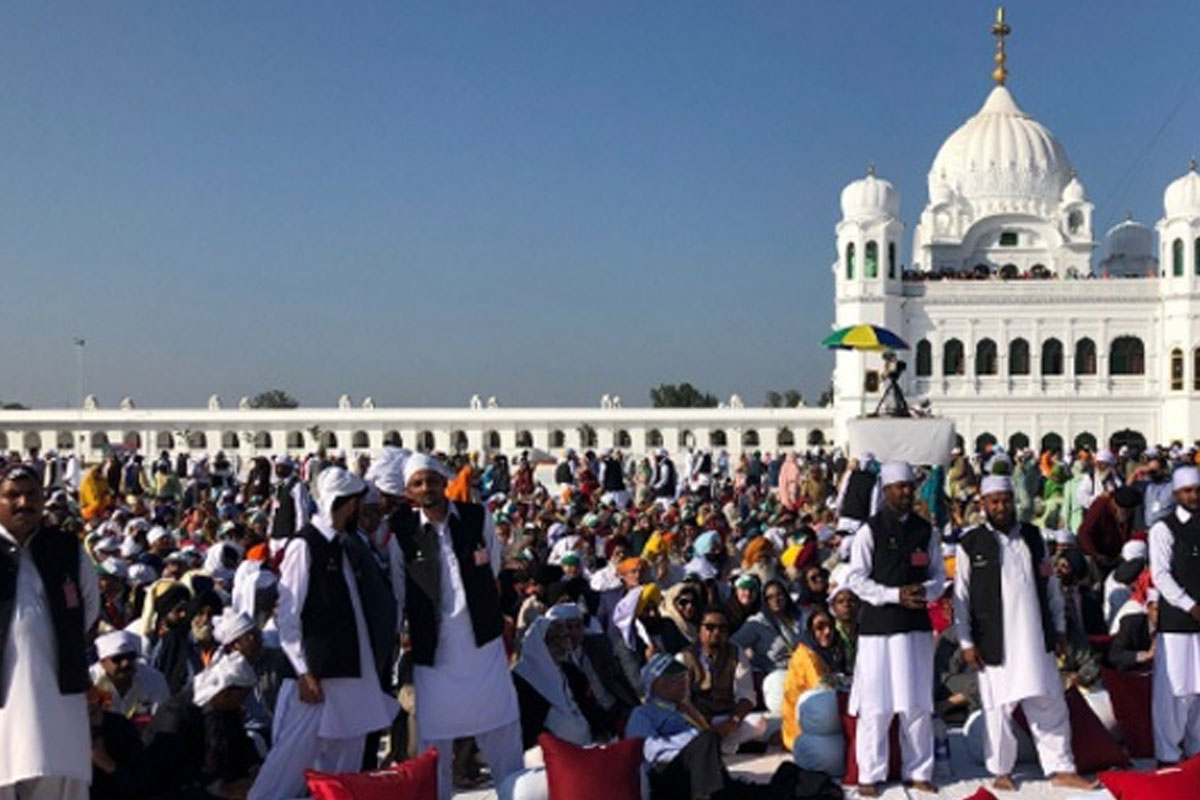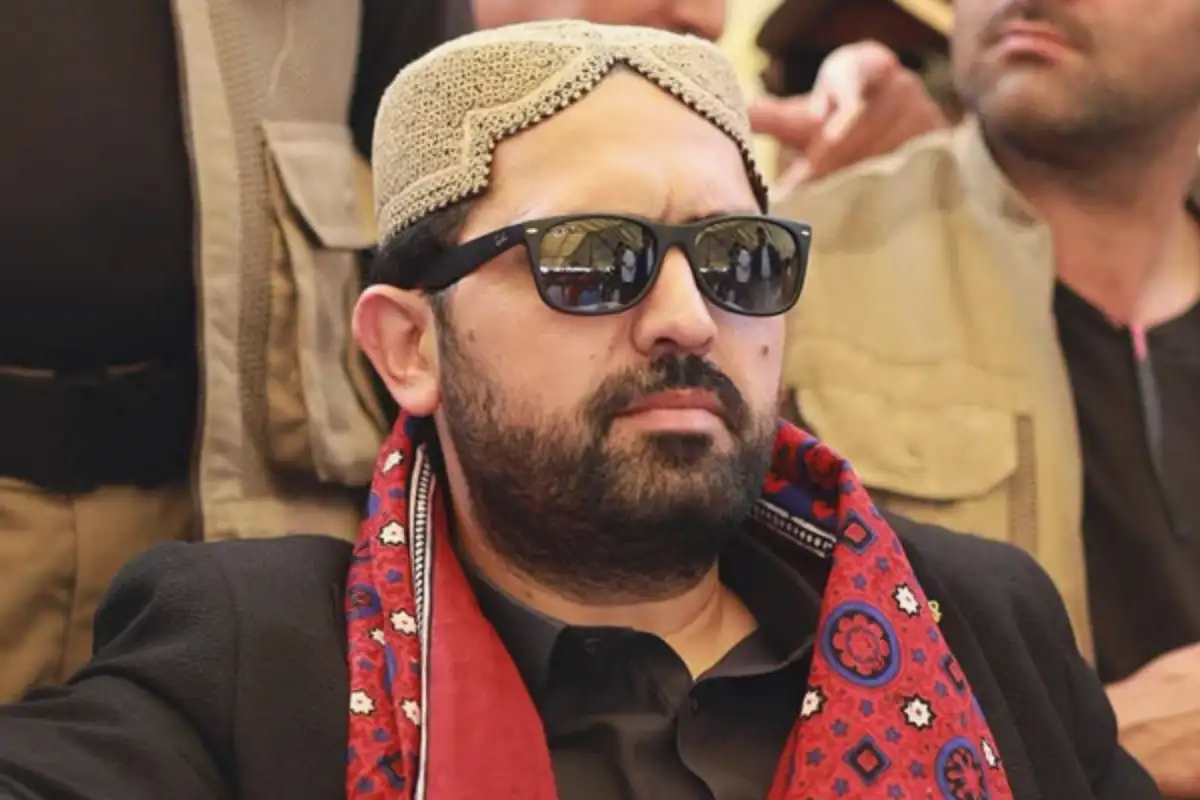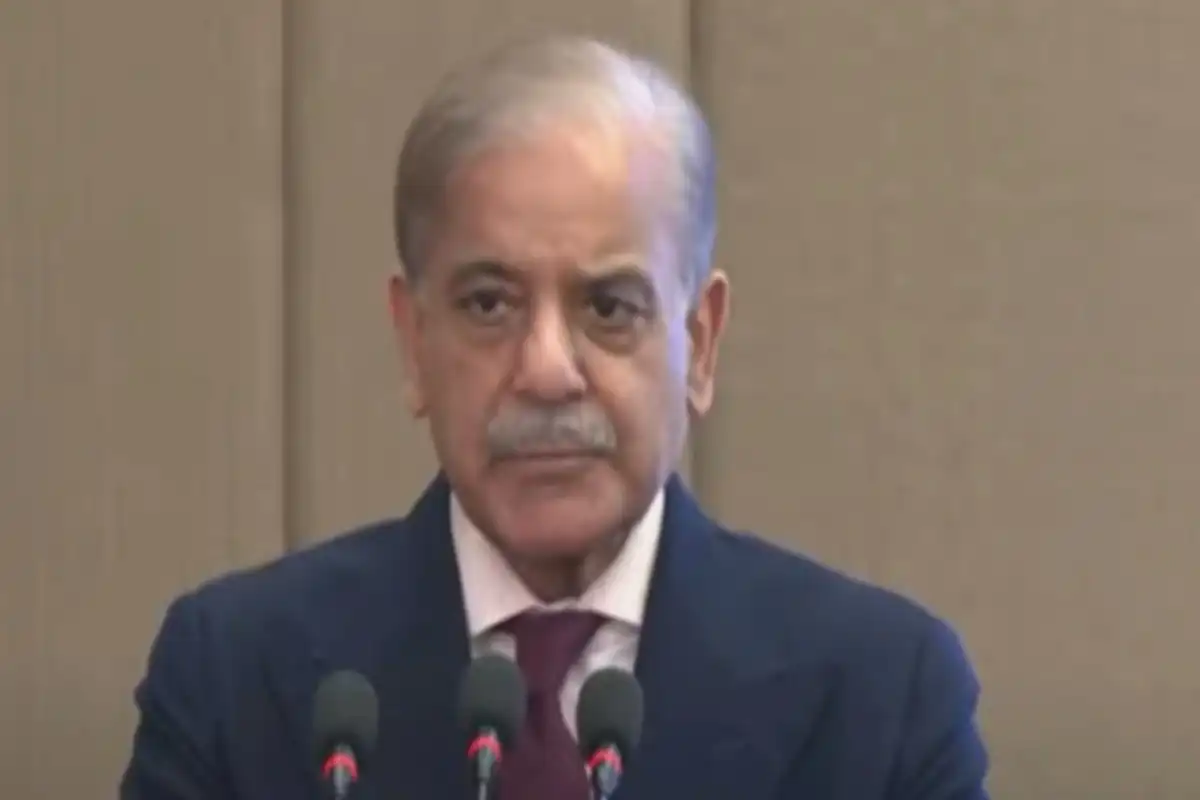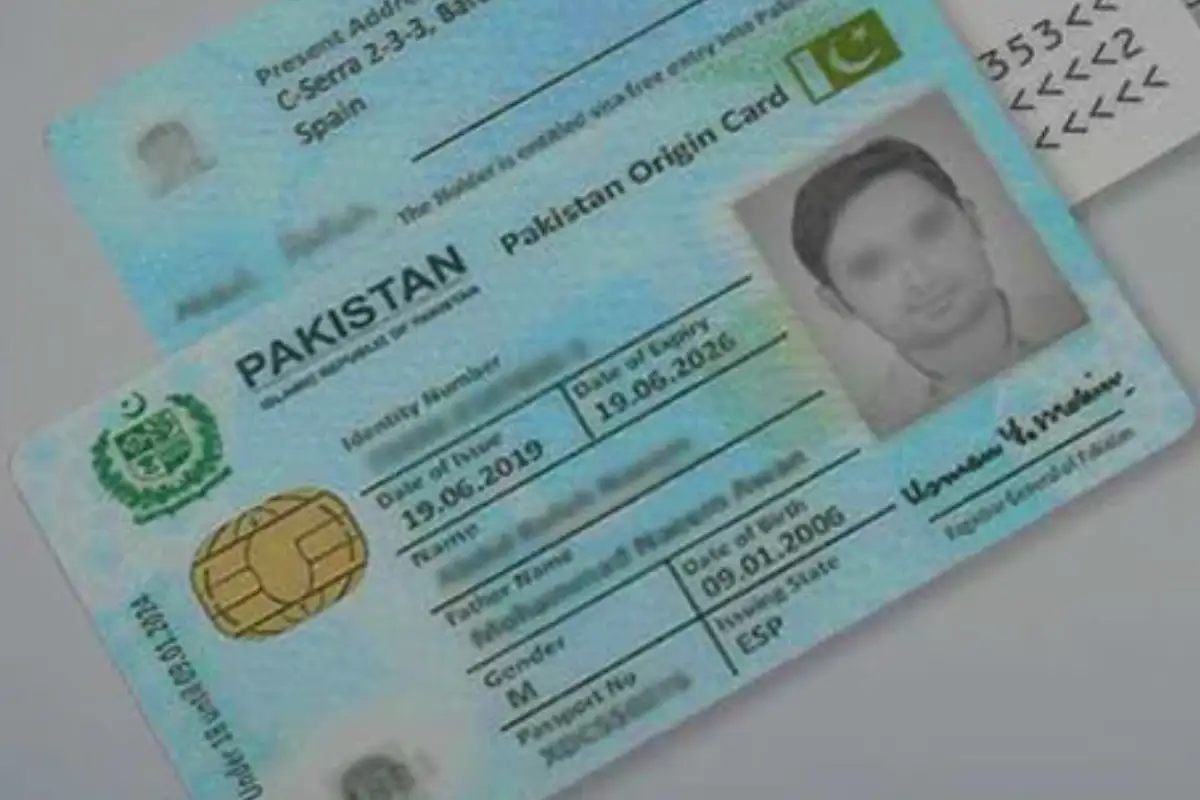Baisakhi Visa: Pakistan Issues Record Visas for Sikh Pilgrims

Pakistan Issues Record Visas for Sikh Pilgrims
In a landmark decision ahead of the 2025 Baisakhi festival, Pakistan has granted 6,629 visas to Indian Sikh pilgrims—more than double its annual quota—enabling unprecedented access to revered religious sites, including Nankana Sahib, the birthplace of Sikhism’s founder, Guru Nanak Dev Ji. The move, the first such expansion in 50 years, marks a significant shift in cross-border religious diplomacy amid longstanding regional tensions.
The visas, approved with 100% clearance for applicants, allow thousands of devotees from India’s Punjab region to participate in Baisakhi celebrations at key Pakistani shrines, fulfilling a decades-old aspiration for many. Traditionally, Pakistan capped pilgrim visas at 3,000 annually, but this year’s surge underscores what officials describe as a commitment to “interfaith harmony and cultural connectivity.”
Analysts view the gesture as a strategic soft-power initiative, contrasting it with India’s stringent visa policies for religious minorities, including Pakistani pilgrims. The decision has drawn widespread praise in Indian Punjab, where Sikh communities hailed it as a “historic bridge” to their spiritual heritage. Social media platforms have flooded with images of emotional pilgrims preparing for the journey, many calling it a “dream realized after generations.”
Nankana Sahib, located near Lahore, holds profound significance for Sikhs globally. The site’s enhanced accessibility aligns with the 550th anniversary celebrations of Guru Nanak’s birth in 2019, when Pakistan opened the Kartarpur Corridor, permitting visa-free pilgrimages to another major shrine. However, the 2025 visa expansion represents the largest single facilitation effort in half a century.
While Pakistan frames the move as a humanitarian and interfaith priority, it also unfolds against a backdrop of frozen political relations with India. Diplomatic ties have remained strained since 2019, particularly over Kashmir, yet the visa decision signals Islamabad’s willingness to compartmentalize cultural and religious exchanges from broader geopolitical disputes.
Regional experts suggest the gesture could pressure India to reciprocate by easing visa restrictions for Pakistani minorities, though New Delhi has yet to comment. Meanwhile, international observers have lauded the step, with the United Nations Alliance of Civilizations highlighting it as a “model for faith-based diplomacy.”
For pilgrims like Harpreet Kaur, a devotee from Amritsar, the visa approval is deeply personal. “My father prayed his whole life to visit Nankana Sahib but never got the chance,” she said. “This is a sacred moment for our family.”
As buses and special trains begin ferrying pilgrims across the Wagah border, the initiative reaffirms the enduring power of cultural and spiritual ties to transcend political divides. Whether it sparks lasting diplomatic thaw remains uncertain, but for now, it offers a rare glimpse of shared heritage prevailing in a fractured region.
Catch all the Pakistan News, Breaking News Event and Trending News Updates on GTV News
Join Our Whatsapp Channel GTV Whatsapp Official Channel to get the Daily News Update & Follow us on Google News.













